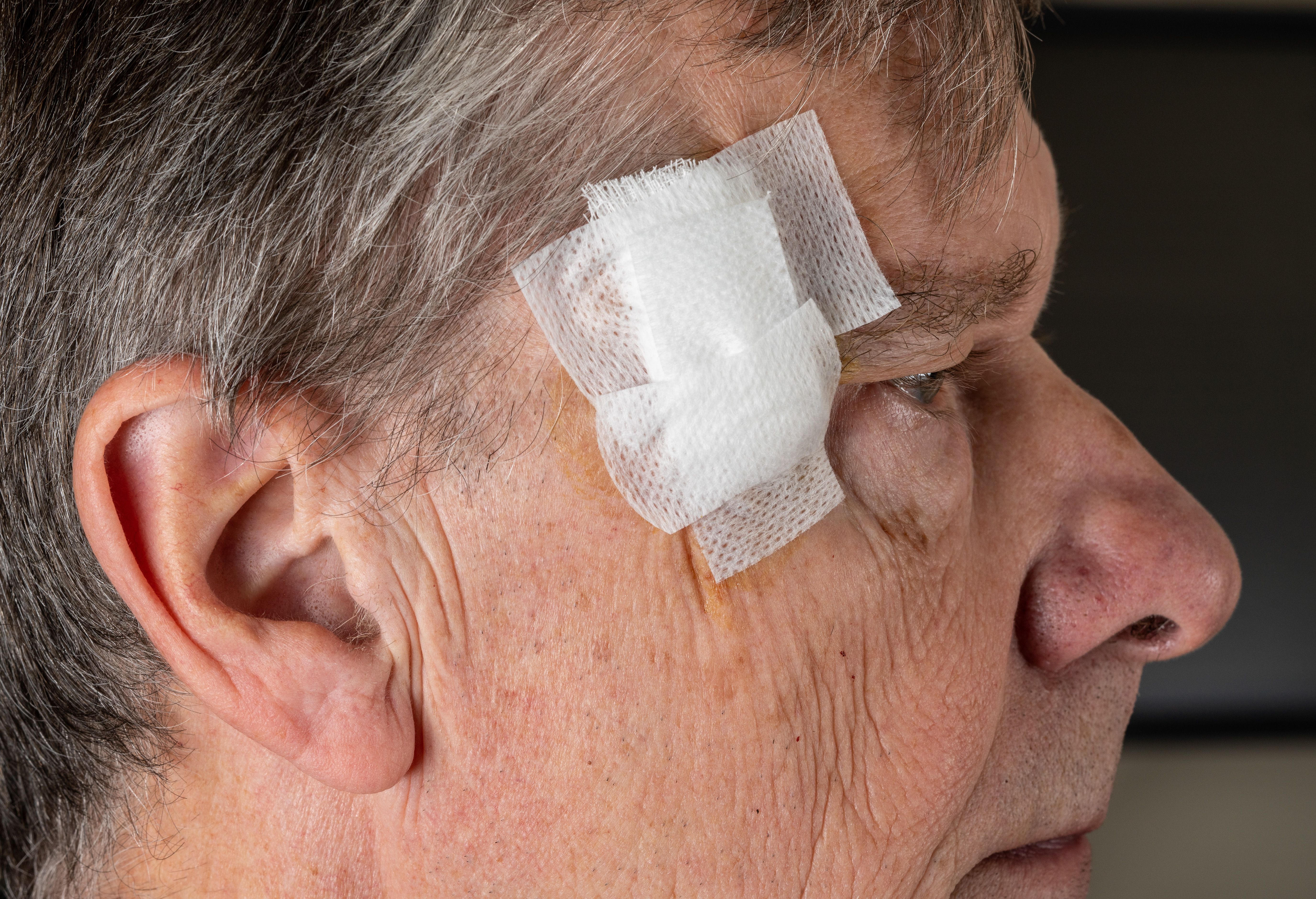- Case-Based Roundtable
- General Dermatology
- Eczema
- Chronic Hand Eczema
- Alopecia
- Aesthetics
- Vitiligo
- COVID-19
- Actinic Keratosis
- Precision Medicine and Biologics
- Rare Disease
- Wound Care
- Rosacea
- Psoriasis
- Psoriatic Arthritis
- Atopic Dermatitis
- Melasma
- NP and PA
- Skin Cancer
- Hidradenitis Suppurativa
- Drug Watch
- Pigmentary Disorders
- Acne
- Pediatric Dermatology
- Practice Management
- Prurigo Nodularis
- Buy-and-Bill
Video
BCC Treatment Landscape
Experts in dermatology discuss the treatment landscape for BCC.
Sherrif F. Ibrahim, MD, PhD: When do you start considering alternatives to surgery as first-line treatment, such as radiation or systemic therapy, as a primary treatment or potentially as an adjuvant treatment before surgery? What are some of the things you think about when going down that path?
Vishal Patel, MD, FAAD, FACMS: I try to put this into…categories of intent to cure and nonsurgical therapy. In my mind, that can be either topical or radiation-based therapy. It comes down to the patient. In Washington DC, we get a wide gamut of patients. We have patients who are urban based. I’m shocked at how young patients with basal cell carcinoma present to our clinic. I certainly don’t feel like I saw this a decade ago when I was a resident. But now, I see patients in their 20s routinely with a small basal cell carcinoma. I discuss what this path means for them, the data around topical therapy, and the data around surgical therapy. I don’t usually present radiation therapy off the bat for the younger patients or patients who may have good follow-up and care. But in older patients or patients who might not have follow-up or care, we discuss everything to figure out what makes sense for them.
That being said, as you outlined, I almost always feel that surgery makes the most sense for most patients, especially with the head and neck location because that’s a risk factor of those risk factors I noted already. You have to have a reason. There can be many reasons, such as being opposed to having a scar and willing to undertake a lower cure rate. You should document that discussion fully and feel comfortable explaining that to the patient. It’s reasonable for a patient to make that decision. But it’s hard for me to believe that everybody can understand this disease at the level that we do, so we need to help provide some of that interpretation for them.
Sherrif F. Ibrahim, MD, PhD: Right. If you present a nonsurgical option, particularly to a young, cosmetically inclined patient, they may always pick that. But of course, that that might not be in their best interests.
Vishal Patel, MD, FAAD, FACMS: Exactly, and it’s the same for radiation. We sometimes ignore that. I have a good colleague at Moffitt Cancer Center, a medical oncologist, who says, “We forget about radiation, but in the right patient, it can work out.” That’s where the multidisciplinary tumor board is important. But for me, it isn’t a discussion of whether it will work. I always talk with the patient. Because I’m worried about radiation without margin confirmation, and because of that destructive damage that can limit surgery in the future, depending on the location, what does that mean if it doesn’t work? That’s usually the discussion that we have. Not necessarily whether we could utilize this, but what happens if it doesn’t work? That’s how I usually think of that.
Sherrif F. Ibrahim, MD, PhD: That’s a nice way to put it.
Transcript Edited for Clarity





